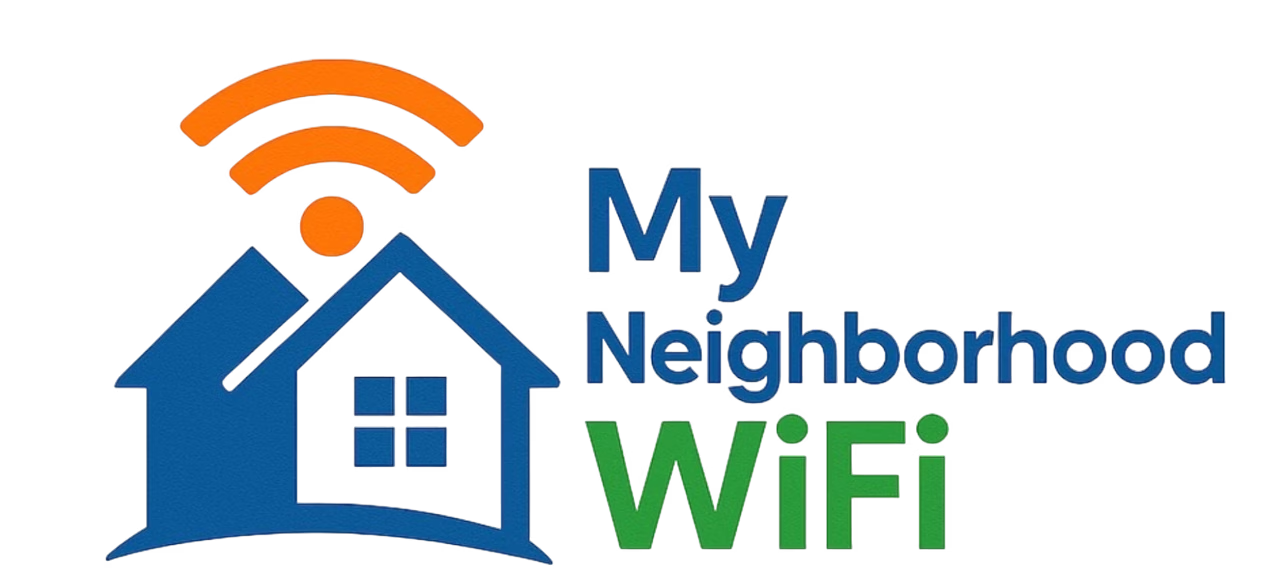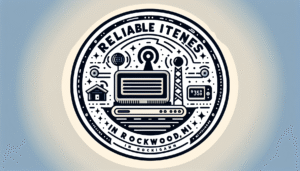
Best Internet Plans for Digital Nomads to Stay Connected Anywhere
For digital nomads, staying online is not just a luxury—it’s a necessity. Whether you’re working from a café in Lisbon, a co-working hub in Bali, or a rustic cabin in the Rockies, a reliable connection ensures you can meet deadlines, join video calls, and keep your projects moving forward. Choosing the best internet plans for digital nomads is about balancing speed, flexibility, and availability. In this guide, we’ll explore essential tips, connection types, and practical solutions that help you stay connected no matter where your journey takes you.
Why Digital Nomads Need Specialized Internet Plans
Regular home-based internet plans aren’t always designed with mobility in mind. As someone living and working around the world, you’ll face unique challenges like:
- Unreliable local Wi-Fi in cafés and hostels
- Data caps when tethering from mobile networks
- Exorbitant roaming fees
- Limited availability of traditional broadband in rural or remote areas
The best internet plans for digital nomads blend portability, flexibility, and global coverage.
Connection Options Every Digital Nomad Should Know
1. Mobile Hotspots
A mobile hotspot is a compact device that connects to a cellular network and broadcasts Wi-Fi to your laptop or phone. They’re ideal for nomads because they let you set up an internet connection wherever there’s mobile coverage.
- Portable and lightweight
- Supports multiple devices at once
- Can often work internationally with the right SIM
2. Local SIM Cards
Buying a prepaid SIM card in the country you’re visiting can save you a lot on data costs. With an unlocked phone or hotspot device, you can swap SIMs based on your location and enjoy local rates.
- Cheaper than international roaming
- Allows flexible data purchase by month or GB
- Readily available at airports, shops, or kiosks
3. eSIM Technology
eSIM has changed the game for global travelers. Instead of juggling multiple plastic SIMs, you can activate or switch providers digitally. This works especially well for nomads hopping between countries.
- No physical SIM to lose
- Purchase and activate instantly online
- Supports multiple profiles for different regions
4. Co-Working Space Wi-Fi
While not exactly a plan, joining co-working spaces provides both reliable internet and a professional environment. For many digital nomads, this acts as a backup whenever mobile data struggles.
What to Look for in the Best Internet Plans
Before signing up for an internet plan, ask yourself a few key questions:
- Coverage: Does it work in the countries I’ll be visiting most?
- Data Limits: Is it truly unlimited or capped with reduced speeds?
- Speed: Will it support video calls, uploads, and cloud tools?
- Flexibility: Can I pause, cancel, or upgrade without hefty penalties?
- Price: Does it compete with local SIM card deals?
Tips for Staying Connected on the Road
Use Multiple Options
A single plan will rarely cover every scenario. Many nomads carry a mix of tools like:
- A global eSIM plan for basic connectivity
- A local SIM card for heavy data use
- A backup mobile hotspot with pay-as-you-go coverage
Check Coverage Maps Before You Travel
Even the best plan is useless in a dead zone. Before arriving in your next destination, check provider coverage maps or ask other travelers on Reddit’s Digital Nomad Community for real-world feedback.
Invest in a Signal Booster
If you’re often in rural or mountainous areas where signals are weak, a portable signal booster can improve both speed and reliability.
Embrace Offline Productivity
Sometimes, even the best plans can’t guarantee stable connections. Have offline work prepared—write drafts, edit documents, or organize your tasks—so connectivity doesn’t stall productivity.
Popular Tools and Resources for Nomads
- Learn more about eSIM technology and how it can help you stay connected globally.
- Reddit’s Solo Travel subreddit often discusses affordable data plans around the world.
- YouTube videos on nomad internet setups provide real-life gear recommendations.
- Quora discussions on reliable internet for digital nomads share first-hand experiences from travelers.
Sample Cost Comparison: Local SIM vs. Global eSIM
| Option | Pros | Cons |
|---|---|---|
| Local SIM Card | Affordable, faster local speeds | Requires switching per country, needs unlocked device |
| Global eSIM | Works across multiple countries, instant activation | Often more expensive, potential speed caps |
Practical Packing for Digital Connectivity
Beyond just choosing a plan, packing the right gear makes a huge difference:
- Unlocked Smartphone: Essential for SIM and eSIM flexibility.
- Portable Router: Lets you turn wired or mobile data into Wi-Fi for multiple devices.
- Power Bank: Keeps your hotspot or phone running through long workdays.
- VPN Subscription: Protects your data and ensures secure connections, especially over public Wi-Fi.
Digital Nomad Mindset: Staying Flexible
Connectivity challenges are part of the digital nomad lifestyle. Instead of stressing over perfect service, focus on adaptability. One week you may rely on excellent co-working Wi-Fi, while the next may require using your hotspot at a beachside café. The trick is not perfection, but preparation.
Final Thoughts on the Best Internet Plans for Digital Nomads
The best internet plans for digital nomads are those that balance global reach, flexibility, and affordability. By combining solutions such as mobile hotspots, local SIMs, and eSIM technology, you can build a connectivity toolkit that ensures productivity anywhere in the world. With the right mindset and gear, you’ll never miss a deadline—even if you’re working from a hammock under a palm tree.
“Most inquiries are answered within the same day”
Written by admin
Content writer and tech enthusiast sharing insights on internet connectivity.



